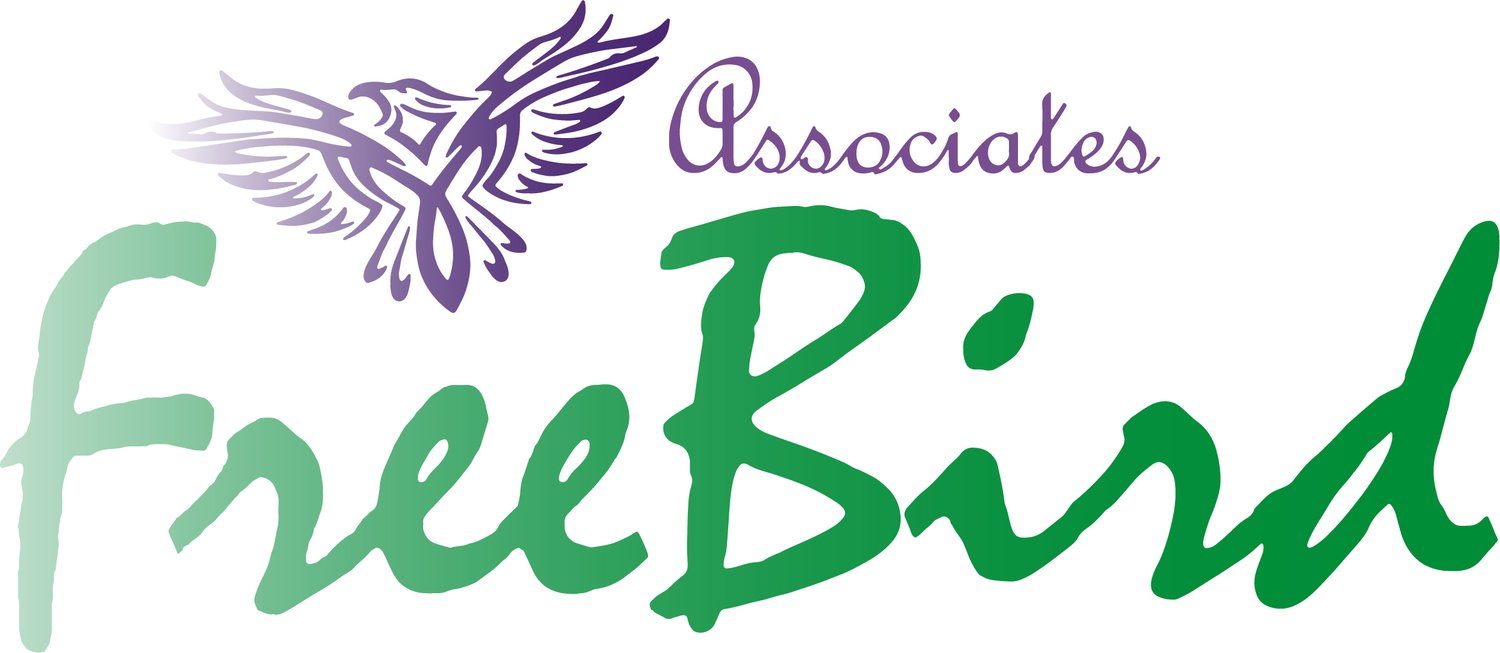Complaints Policy of FreeBird Associates Ltd.
As a Ltd Company we expect all Associates working on our behalf to work in accordance with FreeBird Associates policies and procedures, this includes the complaints procedure.
Weview complaints as an opportunity to learn and improve for the future, as well as a chance to put things right for the person that has made the complaint.
Our policy is:
· To provide a fair complaints procedure which is clear and easy to use for anyone wishing to make a complaint
· To publicise the existence of our complaints procedure so that people know how to contact us to make a complaint
· To make sure everyone at FreeBird Associates knows what to do if a complaint is received
· To make sure all complaints are investigated fairly and in a timely way
· To make sure that complaints are, wherever possible, resolved and that relationships are repaired
· To gather information which helps us to improve what we do
Definition of a Complaint
A complaint is any expression of dissatisfaction, whether justified or not, about any aspect of FreeBird Associates.
To ensure we are as accessible as possible we are happy to take complaints verbally, by phone, by email or in writing. However, there may be times when we need to have a written record from the complainant, so that we have the facts correct as they see it.
Complaints Procedure of FreeBird Associates.
Written complaints may be sent to FreeBIrd Associates at Tremough Innovation Centre, Penryn. TR10 9TA or by e-mail at info@freebirdassociates.com
Verbal complaints may be made by phone to Anna on 07541041386 or Corinne on 07903135141on in person to any of Our Associates.
We aim to respond to the complainant within 3 working days.
As restorative practitioners we will always seek to find a resolution that both parties feel is acceptable.
Receiving Complaints
Verbally: The person who receives a phone or in person complaint will:
· Write down the facts of the complaint
· Take the complainant's name, address and telephone number
· Note down the relationship of the complainant to FreeBird Associates
· Tell the complainant that we have a complaints procedure
· Tell the complainant what will happen next and how long it will take
· Where appropriate, ask the complainant to send a written account by post or by email so that the complaint is recorded in the complainant’s own words.
Resolving Complaints
In many cases, a complaint is best resolved by the person responsible for the issue being complained about. If the complaint has been received by that person, they may be able to resolve it swiftly and should do so if possible and appropriate.
On receiving the complaint the person managing the complaint records it in the complaints log. If it has not already been resolved, they may ask an associate to investigate it and to take appropriate action.
If the complaint relates to a specific person, they should be informed and given a fair opportunity to respond.
Complaints should be acknowledged by the person handling the complaint within a week. The acknowledgement should say who is dealing with the complaint and when the person complaining can expect a reply. A copy of this complaints procedure should be attached.
Ideally complainants should receive a definitive reply within four weeks. If this is not possible because for example, an investigation has not been fully completed, a progress report should be sent with an indication of when a full reply will be given.
Whether the complaint is justified or not, the reply to the complainant should describe the action taken to investigate the complaint, the conclusions from the investigation, and any action taken as a result of the complaint.
If an independent person is needed to investigate the complaint, then Beverly Futtit from CAHSC has agreed to be an appropriate independent person. Contact details will be given during the complaints process as detailed in this procedure.
Variation of the Complaints Procedure
The Board may vary the procedure for good reason. This may be necessary to avoid a conflict of interest, for example, a complaint about the Chair should not also have the Chair as the person leading a Stage Two review.
Monitoring and Learning from Complaints
Complaints are reviewed annually to identify any trends which may indicate a need to take further action.
This policy will be reviewed annually. Last reviewed August 2019
